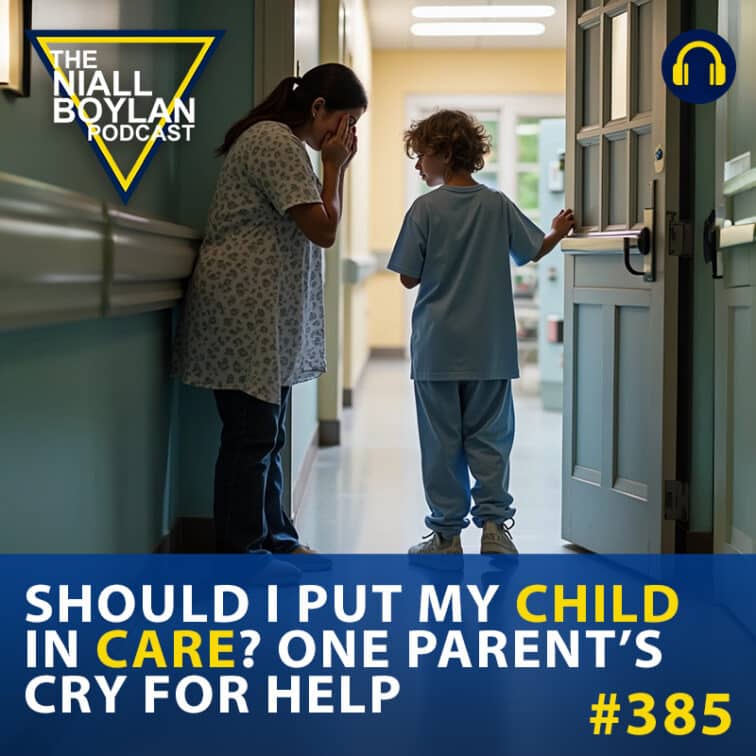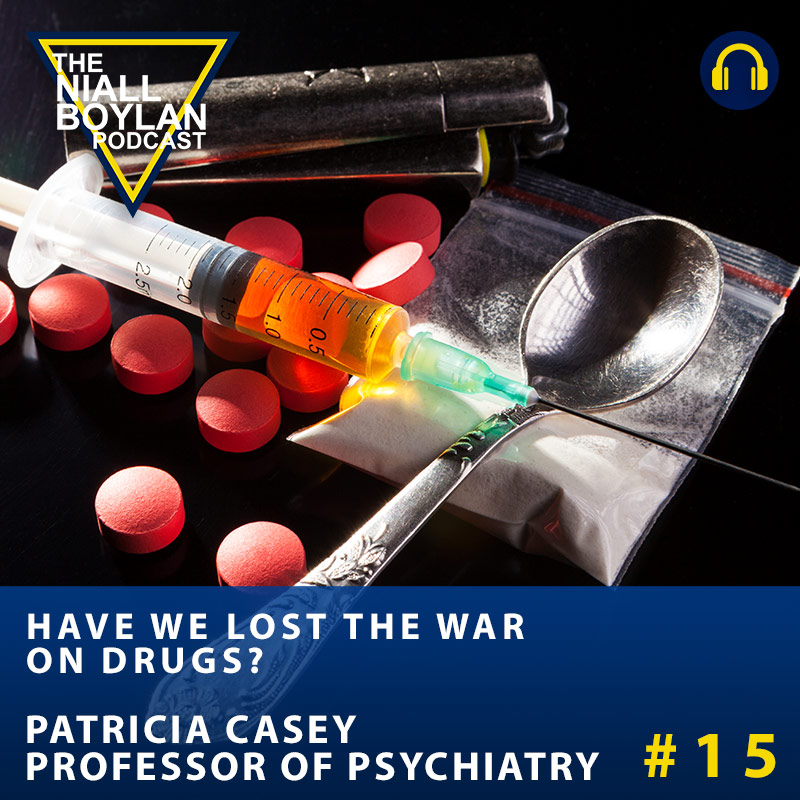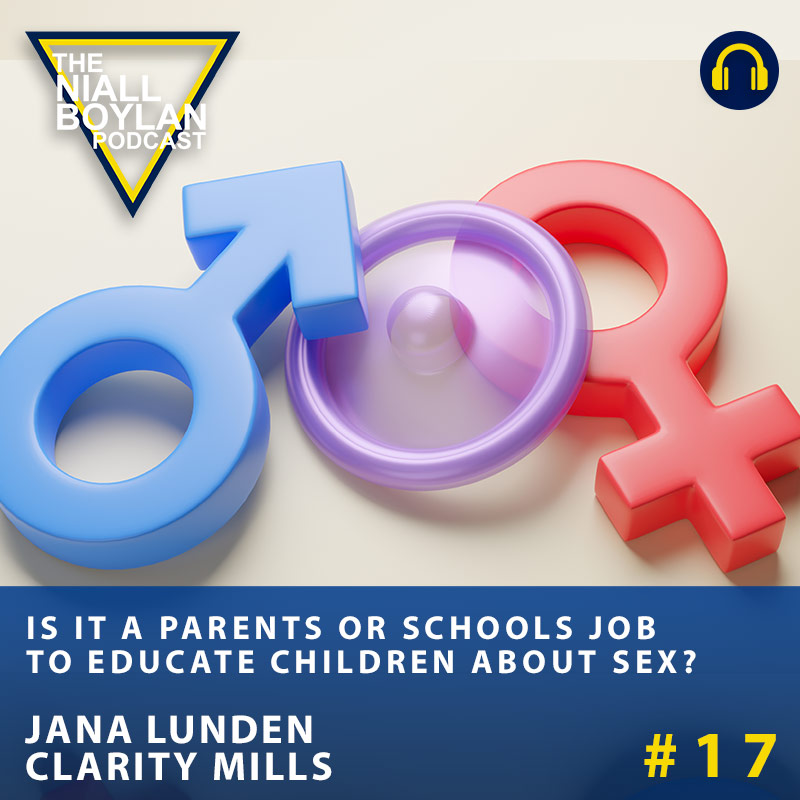
Should I Put My Child in Care? One Parent’s Cry for Help Episode 385
-
play_circle_filled
Should I Put My Child in Care? One Parent’s Cry for Help Episode 385
Niall Boylan
In this episode, Niall is asking: Should you ever consider putting your child into care if you’re at breaking point? The discussion is based on an emotional email from a mother who says her husband wants to put their autistic child into care because he can no longer cope. She is heartbroken and feels torn, saying she could never give up her child, but her husband insists it’s the only option left.
The email paints a picture of a family under extreme pressure, struggling to get the help and support they need. With rising tensions in the home and a child who requires full-time care, the father believes placing the child in care may be the only way to ensure everyone’s wellbeing—while the mother sees it as an unthinkable betrayal.
Some callers think if a parent is truly at breaking point and can’t cope anymore, then yes, it’s better to put the child into care than to risk neglect or harm. It’s not about abandoning them, it’s about making sure the child gets the support they need. That’s not selfish—it’s responsible. Autism can be incredibly challenging, especially without proper services. If care means access to what the family can’t provide, then it’s worth considering.
While other callers feel no matter how hard it gets, you don’t give up on your child. One caller said, “I have a child with special needs too—it’s tough, but you fight. You fight for therapy, for help, for anything but separation.” They believe putting a child into care should be an absolute last resort, and families need more support, not separation.
Niall reflects on the emotional responses to this heart-wrenching dilemma. He notes how divided listeners are—some deeply empathetic toward the father’s desperation, others unwavering in the belief that a child should never be placed in care unless there’s no other option. The episode raises important questions about support services, parental responsibility, and how society supports families in crisis.








